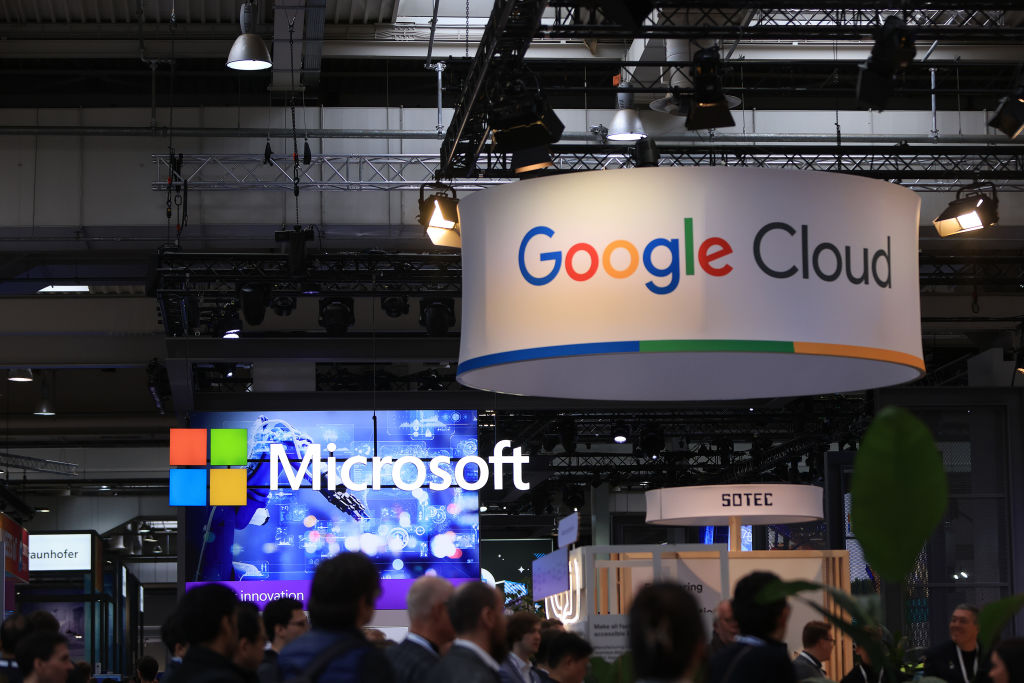Google settles $5 billion privacy lawsuit ahead of cookie phase-out
Google has agreed to settle a $5 billion lawsuit over claims it covertly tracked millions of users
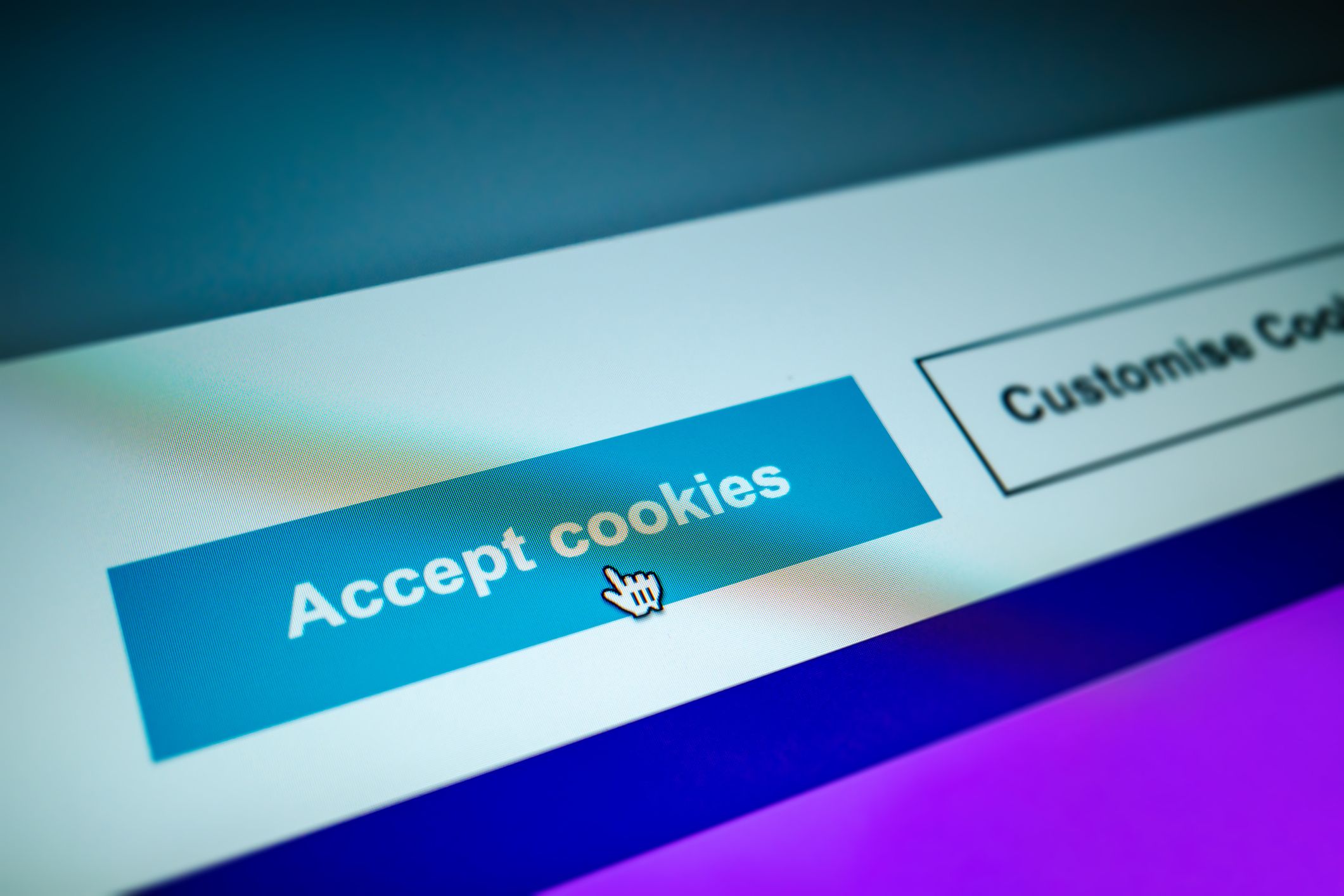

Google has agreed to settle a $5 billion consumer privacy lawsuit penalizing the company for alleged intrusive tracking policies.
The class action lawsuit claimed Google’s systems allowed the company to track user activity even while they were using private browsing mode on Chrome.
The lawsuit, Brown et al v Google LLC et al, was initially filed in 2020 and sought a minimum of $5,000 in damages per user for violating federal wire-tapping and California’s privacy laws.
Google tried to have the case dismissed in August 2023, claiming users were adequately informed of the data collection taking place when browsing the web, but this bid was rejected.
“Incognito mode in Chrome gives you the choice to browse the internet without your activity being saved to your browser or device”, Google spokesperson Jose Castaneda told Reuters.
“As we clearly state each time you open a new incognito tab, websites might be able to collect information about your browsing activity during your session."
The terms of the settlement were not disclosed, with the formal settlement expected to be submitted for court approval by 24 February 2024.
Get the ITPro daily newsletter
Sign up today and you will receive a free copy of our Future Focus 2025 report - the leading guidance on AI, cybersecurity and other IT challenges as per 700+ senior executives
The end of an era for cookies but not tracking
Google recently announced its plans to begin the roll-out of its alternative web tracking system in October 2023, whereby the company will remove full-scale support for third-party cookies in Chrome starting in Q3 2024.
Google will replace cookies with its Topics API system. This system will create browser profiles for users based on their session activity, which websites will be able to view to inform their advertising campaigns, without revealing information specific to the user.
The user profiles will reflect areas or topics they are interested in, but Google says websites will only be served these areas of interest and not additional information about the user or their browsing activity.
This shift would put an end to websites using cookies to follow visitors as they surf the web, but will continue to involve Google recording user activity in order to generate consumer profiles for advertisers.
Speaking to ITPro on the consequences of the transition to cookieless web browsing, chief experience officer at GOA Marketing Luke Boudour noted Google’s solution will try to minimize the impact on its primary revenue source.
RELATED RESOURCE

Discover how Zscaler safely enables the use of cloud applications with CASB functionality
DOWNLOAD NOW
“The key thing for me is that Google has been discussing and working on solutions to remove cookies for a number of years now, and therefore we can be sure that its solution is one that will impact its ad business the least; it's what pays for everything after all.”
“There will likely be some improvement to user privacy for those that opt out of cookies by giving advertisers less to target you with, but I don't expect this will overall impact digital marketing efforts. Swathes of advertisers are already utilizing first party data more and more in preparation for moves like this, so whilst there will be some disruption I don't anticipate it will cause as many headaches as Apple ITP did for example."

Solomon Klappholz is a former staff writer for ITPro and ChannelPro. He has experience writing about the technologies that facilitate industrial manufacturing, which led to him developing a particular interest in cybersecurity, IT regulation, industrial infrastructure applications, and machine learning.
-
 Third time lucky? Microsoft finally begins roll-out of controversial Recall feature
Third time lucky? Microsoft finally begins roll-out of controversial Recall featureNews The Windows Recall feature has been plagued by setbacks and backlash from security professionals
By Emma Woollacott Published
-
 The UK government wants quantum technology out of the lab and in the hands of enterprises
The UK government wants quantum technology out of the lab and in the hands of enterprisesNews The UK government has unveiled plans to invest £121 million in quantum computing projects in an effort to drive real-world applications and adoption rates.
By Emma Woollacott Published
-
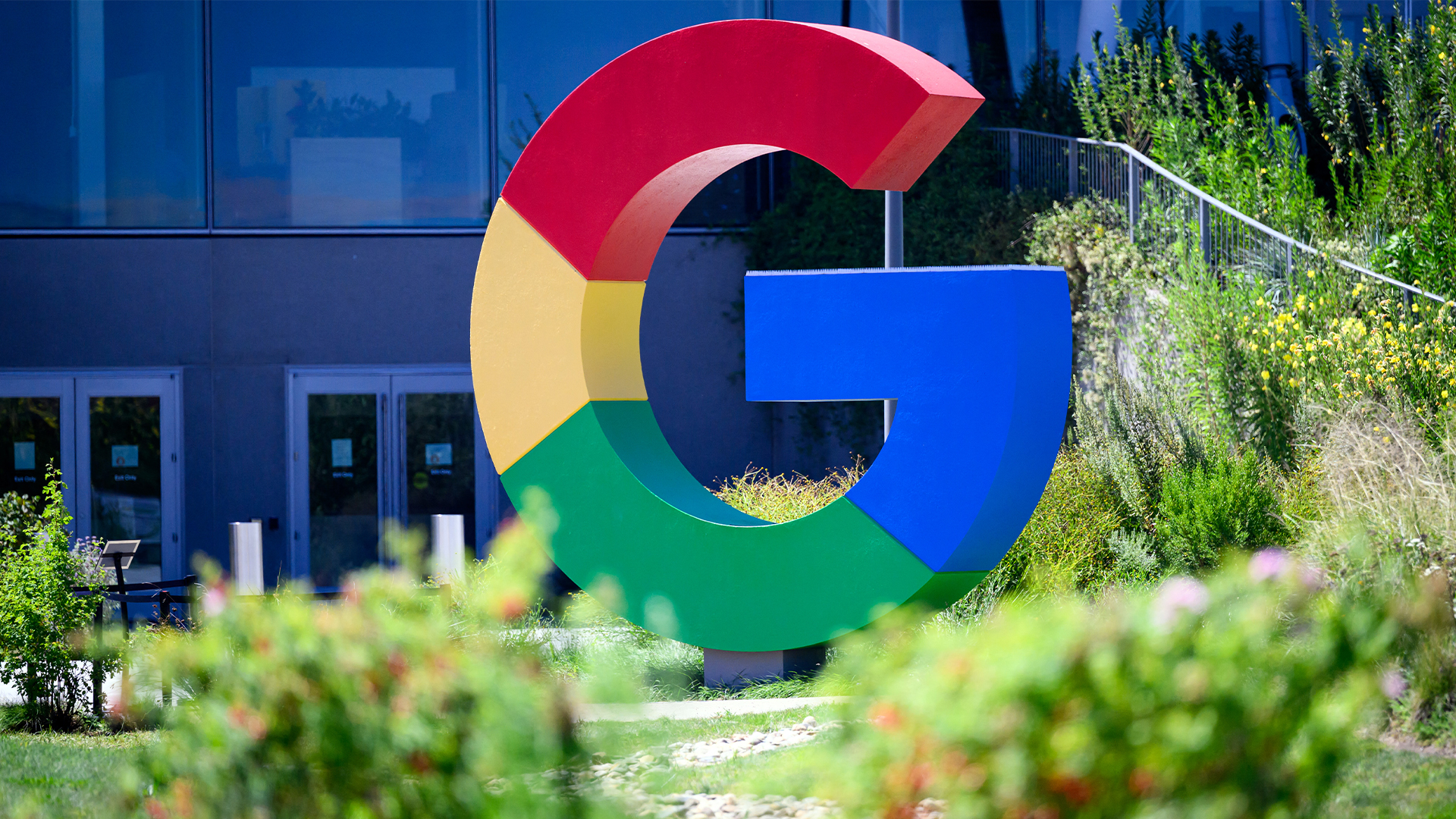 AI helped Google engineers cut code migration times in half
AI helped Google engineers cut code migration times in halfNews The firm also simplified communications as migrations can be completed by a single engineer
By George Fitzmaurice Published
-
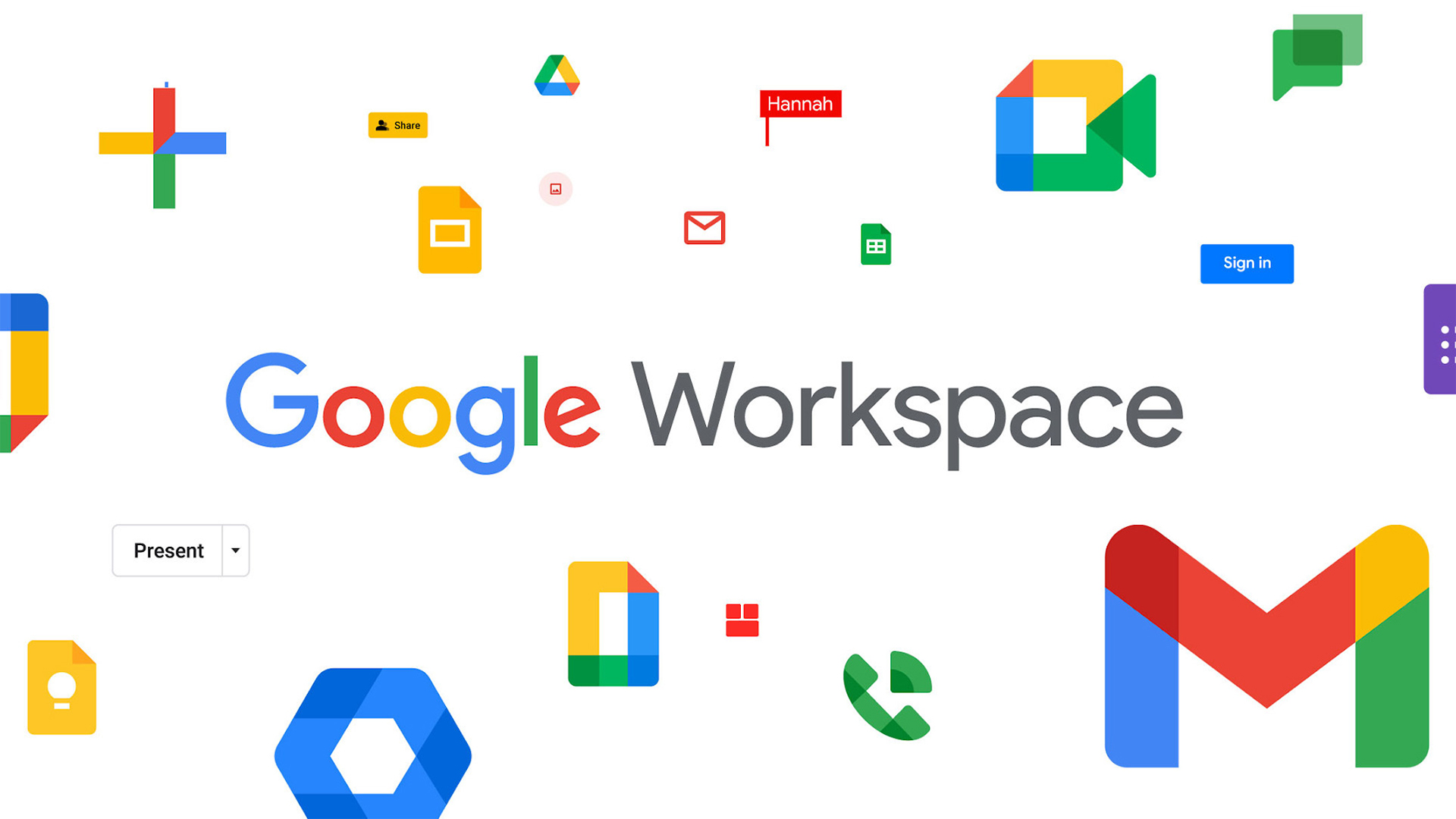 Google Workspace is getting a Gemini makeover – but prices are going to increase
Google Workspace is getting a Gemini makeover – but prices are going to increaseNews The new pricing structure may help Google boost competition with Microsoft
By George Fitzmaurice Published
-
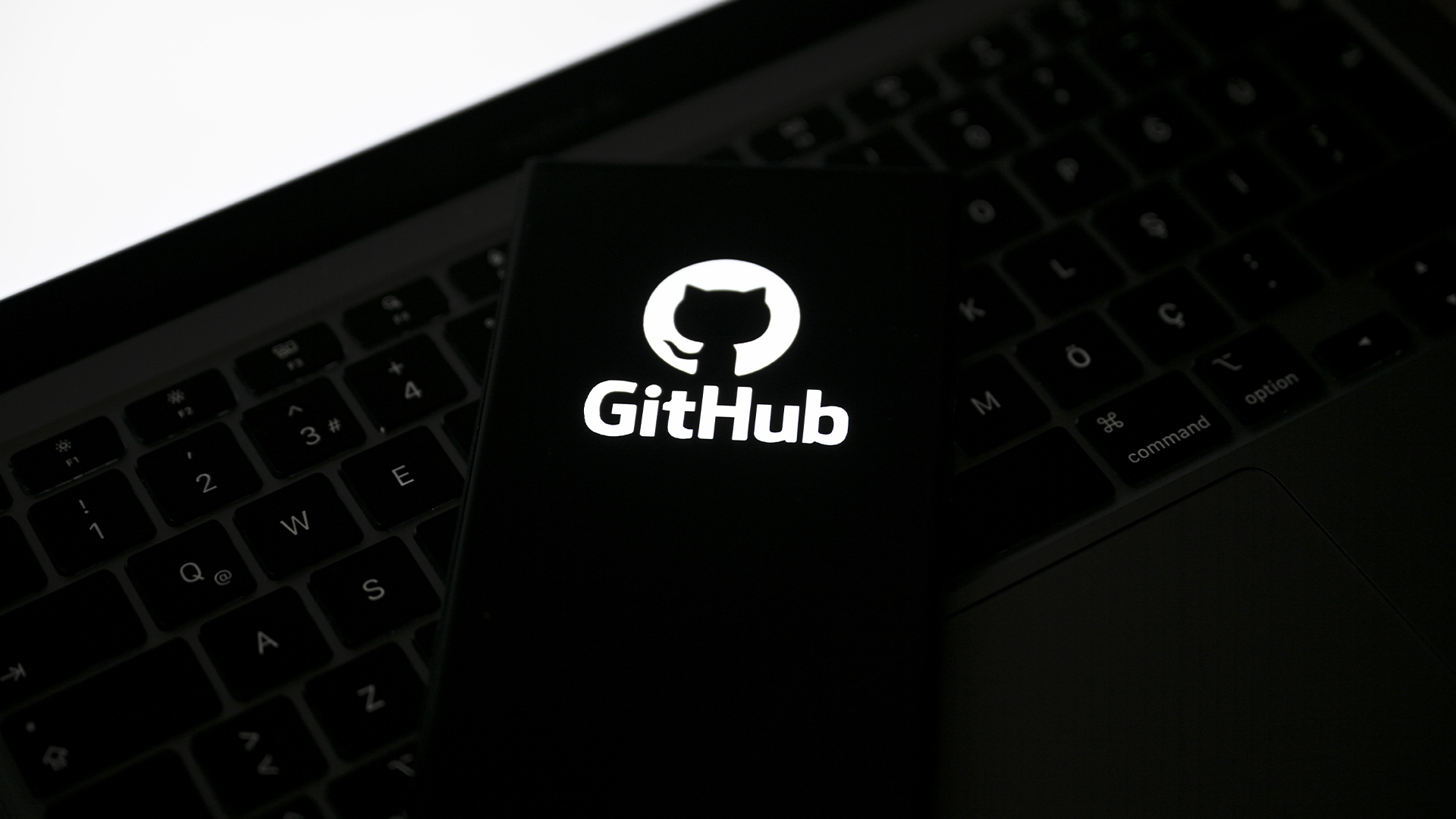 “There is no one model to rule every scenario”: GitHub will now let developers use AI models from Anthropic, Google, and OpenAI
“There is no one model to rule every scenario”: GitHub will now let developers use AI models from Anthropic, Google, and OpenAINews Devs will be given access to a broader array of AI models on GitHub – but there's more in store for users
By Emma Woollacott Published
-
 Inside Google’s “promising and pragmatic” approach to fixing software development’s memory safety problem
Inside Google’s “promising and pragmatic” approach to fixing software development’s memory safety problemNews Google has reaffirmed its commitment to bolstering the security of memory unsafe codebases.
By Solomon Klappholz Published
-
 Not all software developers are sold on AI coding tools – while productivity gains are welcomed, over a third are concerned about AI-generated code quality
Not all software developers are sold on AI coding tools – while productivity gains are welcomed, over a third are concerned about AI-generated code qualityNews Many software developers have concerns over the quality and security of AI-generated code despite marked productivity boosts
By George Fitzmaurice Last updated
-
 Redis insists license changes were the “only way to compete with Amazon and Google” — now it could face a user exodus
Redis insists license changes were the “only way to compete with Amazon and Google” — now it could face a user exodusNews Redis sparked controversy when it announced licensing changes in March this year – but the company believes the move was warranted
By Ross Kelly Published
-
 Google Meet can now take notes so you don’t have to
Google Meet can now take notes so you don’t have toNews The new Google Meet features will begin rolling out immediately
By Nicole Kobie Published
-
 Zoom wants to take on Google and Microsoft with its own Docs
Zoom wants to take on Google and Microsoft with its own DocsNews Zoom Docs arrives loaded with generative AI – and the company hopes to mount a serious challenge against industry heavyweights
By Nicole Kobie Published
